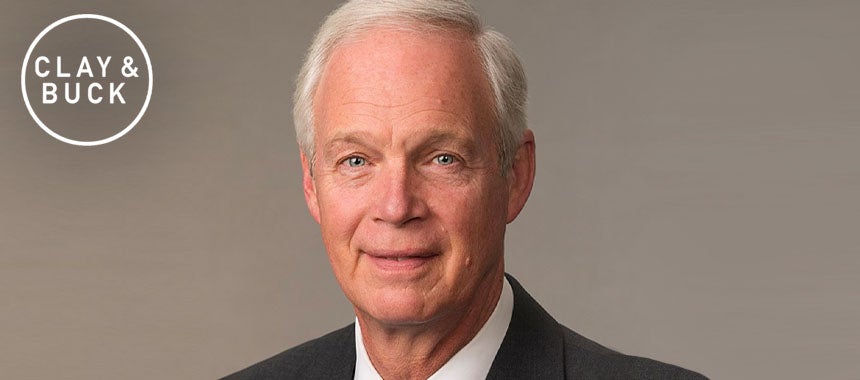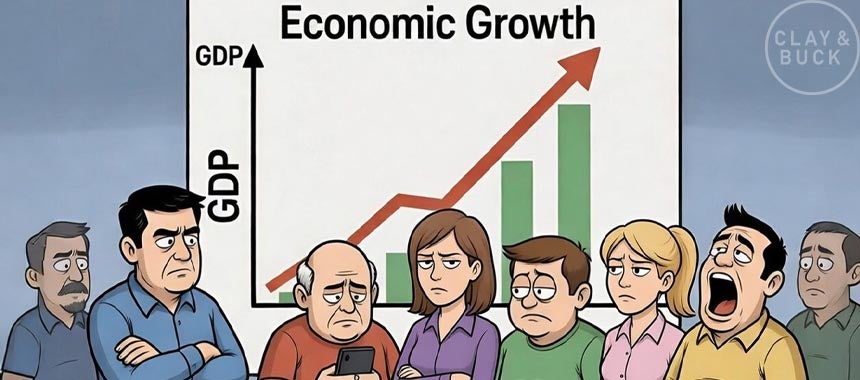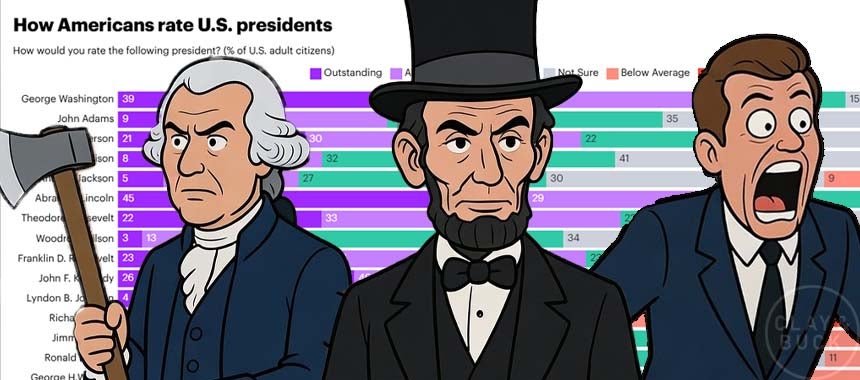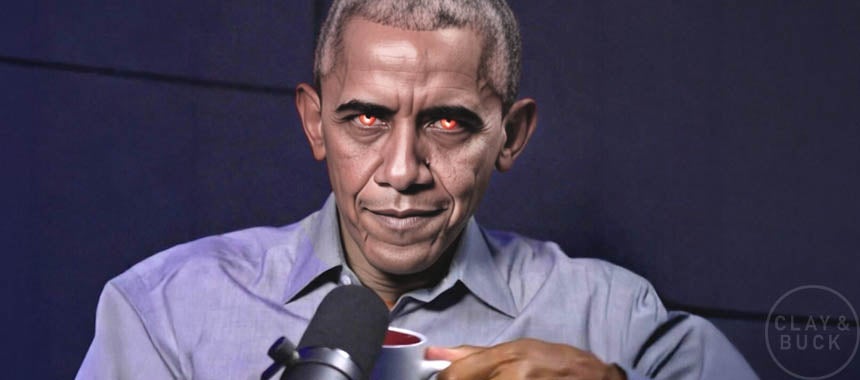It’s Time for a Negotiated Settlement with Putin
15 Mar 2022
BUCK: Let’s start with just how serious the situation is right now, how high the stakes are. Joe Biden’s been president for a year. It seems like everything is going against him. If the Democrats had compelling arguments in favor of any move Biden made, I would think we would be compelled to tell the audience.
This is what they are saying, folks, just so you know. What they’re saying right now is essentially blather, contradictory or absurd. And in the background of all this you even have the U.N. secretary general, Antonio Guterres, warning that the prospect of nuclear conflict is back in a serious way on the world stage.
.@UN Secretary-General @antonioguterres: “Raising the alert of Russian nuclear forces is a bone-chilling development. The prospect of nuclear conflict, once unthinkable, is now back within the realm of possibility.” pic.twitter.com/pwFhTPH11f
— CSPAN (@cspan) March 14, 2022
BUCK: The path of diplomacy and peace, Clay. What should the U.S. role you think at this stage be? We have voices still for either a no-fly zone, a “limited” no-fly zone, a humanitarian airlift that would bring U.S. plane into Ukrainian airspace perhaps. What should we do?
CLAY: We gotta figure out what a “negotiated settlement” is gonna look like, and I think the United States should be leading the charge for a negotiated settlement. The concern that we’ve talked about on this show quite a lot is when things are not going well for Vladimir Putin — and they aren’t — then you get concerned that this is a guy who is going to act irrationally in order to try to make up for the fact that he has not been able to demonstrate his military superiority like he was told he would be able to — and then, on the international stage, he’s embarrassed.
We’re talking about a five-foot seven former KGB agent who is approaching 70 years old and sees probably as his legacy restoring Russia to a dominant position on the world stage. And with this invasion of Ukraine, instead of that occurring, he’s been embarrassed. He has been labeled as the evil dictator who is attempting to overrule democracy. His economy is in shambles. His global standing has been torn asunder.
So to me, you have to find a way where he can claim victory for his own people, even though it is not in the best interests of the world. And to me — we talked about this, Buck, and I think your analysis of where we’re likely to end up — give him a part of the eastern region of Ukraine, which has long-standing connections to Russia.
Allow him to claim victory. Simultaneously allow Zelensky to claim victory on behalf of all the brave Ukrainians who have stood up and fought. Allow him certainly to remain leader of Ukraine, and try, in some way — and I don’t know how you do this, ’cause this is the biggest challenge associated with this, Buck — try in some way to ensure that this situation is settled once and for all.
And the problem is you can’t trust anything that Vladimir Putin says, right? So what’s to stop him from deciding to invade again to try to take more of the Ukrainian territory in the years ahead? I don’t know how you fix this. This feels a bit, feels a bit like what happened with Saddam Hussein in the first Gulf War where we… It’s different because we’re gonna end up I think with Russia taking more territory.
 But the problem is you’re still gonna have Putin in power, and so I don’t know. Whatever “solution” — and I’m putting that in quotation marks — we reach here feels like not a very reliable one in the long run. Because in the same way that Hussein remained in control of Iraq and was still a thorn in the side of the United States and everybody in the Middle East, same thing’s gonna happen with Vladimir Putin, right?
But the problem is you’re still gonna have Putin in power, and so I don’t know. Whatever “solution” — and I’m putting that in quotation marks — we reach here feels like not a very reliable one in the long run. Because in the same way that Hussein remained in control of Iraq and was still a thorn in the side of the United States and everybody in the Middle East, same thing’s gonna happen with Vladimir Putin, right?
But I think that’s probably the best-case scenario you could get is to give him a little bit of eastern Ukraine, allow this thing to end, and then the question becomes — we talked about this yesterday, Buck — how do you reintegrate Russia into the larger global world order given how quickly they’ve been ostracized? We don’t have any precedent from situation such as this.
BUCK: I think you’re right that this is going to end up — unfortunately, I think it could turn out to be — a long-term, phased consumption, if you will, a seizing of Ukraine piecemeal, which already has occurred officially with Crimea and then the Donbas region stretching back now for years. I think the Dnieper River becomes the dividing the line, and then the question is, does Kiev…?
I would think, unless one of the western cities all of a sudden became the new de facto capital, Kiev would probably stay in the hands of a Ukrainian state. But the faster we can get to a negotiated settlement, the better. Because here’s the other part of this. Right now, Russia is on full-scale offensive. Russia is going after the Ukrainians. The Ukrainians are trying to defend their cities and towns — and, yes, they are resisting heroically.
It seems that they have outpaced all the analysis of how hard they’d be willing to fight up to this point. That’s all true. But Russia has already established full control over some parts of Ukraine and to get them to relinquish that would mean that Ukraine would have to go on offense against Russian positions where they are dug in, which is very, very unlikely.
So this is why you’re gonna… I don’t think the Ukrainian government could do it, quite honestly. I don’t think that’s possible. If it was possible, they would have kicked out the Russian-backed separatists in Donbas who have been fighting for the last seven-or-so years. So fighting Russia to a stalemate is I think the closest thing you get to Ukrainian victory.
Where the Russians decide, “All right. We’ve gone enough. We’ve done enough. What are we gonna do here? What’s the negotiation look like?” The idea of Ukraine expelling the Russian invader entirely from Ukrainian soil? I just don’t think that’s realistic. I’m not there. I’m not on the ground. But we’re obviously reading about this all day long and trying to follow this as closely as possible, which then brings us to the U.S. component of this.
And for everyone listening, what are we going to do, what should we do? I think that people are recognizing that a no-fly zone — finally understanding a no-fly zone — is a military action, that a no-fly zone is not, “Hey, we’re gonna do this thing,” and it doesn’t cause escalation. It’s very likely that it would cause immediate escalation from the Russian side of things, and that’s why you’re hearing, for example, from Lindsey Graham now moving the line a little bit here to a no-fly zone if chemical weapons are in fact used.
BUCK: Okay. No boots on the ground. No one is saying we should have boots on the ground, and I think also everyone’s recognized that the Russians can hit people anywhere, anytime inside of Ukraine. So it’s an incredibly dangerous war zone to be in — and, beyond that, I think this is Lindsey Graham moving away slowly from this.
And there will be others, too, who say, “Okay, only a no-fly zone if,” instead of, “A no-fly zone should happen now,” because of the recognition that, one, we want to get to a settlement — I don’t think a no-fly zone gets us to a settlement faster’ I think it gets to escalation faster — and, two, in the background of all of this is, they tell us that Putin is crazy.
Putin has this aggressive invasion, that he has called for of Ukraine, killing civilians. They’re leveling hospitals. It’s a mess. What makes people think that Putin wouldn’t go further? I think these are the calculations that have to be made right now, and America is obviously involved insofar as we’re debating every day what we’re gonna do.
CLAY: I think also, what is acceptable? What is acceptable for Ukraine, what is acceptable for Russia because that’s how this negotiation ultimately plays out. I was reading last night that there seems to be fairly significant conversations that are taking place right now. Certainly, that has gone in a way that was not anticipated by Vladimir Putin.
But we’re going to end up in an era, whether people like it or not, where Putin, at the end of this, claims victory inside of Russia with a media that he mostly controls. And the rest of the world, I believe, says Ukraine won. That’s the likely outcome in terms of what this looks like. But the question is, how quickly can we get to that settlement? How many lives can be saved?
And how stable is whatever negotiated settlement that we actually reach given that we can’t really trust Vladimir Putin, to me, to accede to whatever that negotiated settlement is for anytime in the future, because if we’re unwilling to actually hold him accountable — which I think we are, right? We don’t want to start a war with Russia.
 How do we stop him from invading and deciding after a year or two that he’s no longer happy with the situation that is at hand in Ukraine? And also, by the way, like, this whole process… Again, I come back to the big question is: What happens to Russia going forward? How do we go back to…? It sounds like a small thing, but how do we go back to reintegrating Russia into the global marketplace, and to what extent is that possible?
How do we stop him from invading and deciding after a year or two that he’s no longer happy with the situation that is at hand in Ukraine? And also, by the way, like, this whole process… Again, I come back to the big question is: What happens to Russia going forward? How do we go back to…? It sounds like a small thing, but how do we go back to reintegrating Russia into the global marketplace, and to what extent is that possible?
BUCK: There’s also a global realignment that is underway right now of Russia. We’ll talk more about the China angle to all of this and what’s their relationship like going forward with Russia, what have they done so far. We have our State Department making comments about how, “Well, if China were to do anything to help Russia, we would…”
Oh, really? We’re gonna take on punishing China, too, right now? So what’s happening there? Also, Clay, Saudi Arabia — Wall Street Journal reporting on this just a few minutes ago — is considering accepting the yuan instead of dollars for oil purchases. People have been talking about the end of America as the global reserve currency for a long time as the big signpost of the end of American empire. This is when you start to see a major shift in the global order that we have here. If we’re not the reserve currency, we are not the America economically that we thought we were.
Recent Stories

VIP Video: Newsom Compares ICE to Nazis in GERMANY
The Democrats always have nothing but comparing their opponents to Nazis.

Senator Ron Johnson Talks Fiery ICE Hearing, the SAVE Act and Much More
The Wisconsin senator tells us what's behind disastrous Democrat policies the GOP is trying to fix.

More Great Economic Data Comes In, But Will Voters Feel It by November?
Will Americans feel this in their own lives in time for the midterms?







